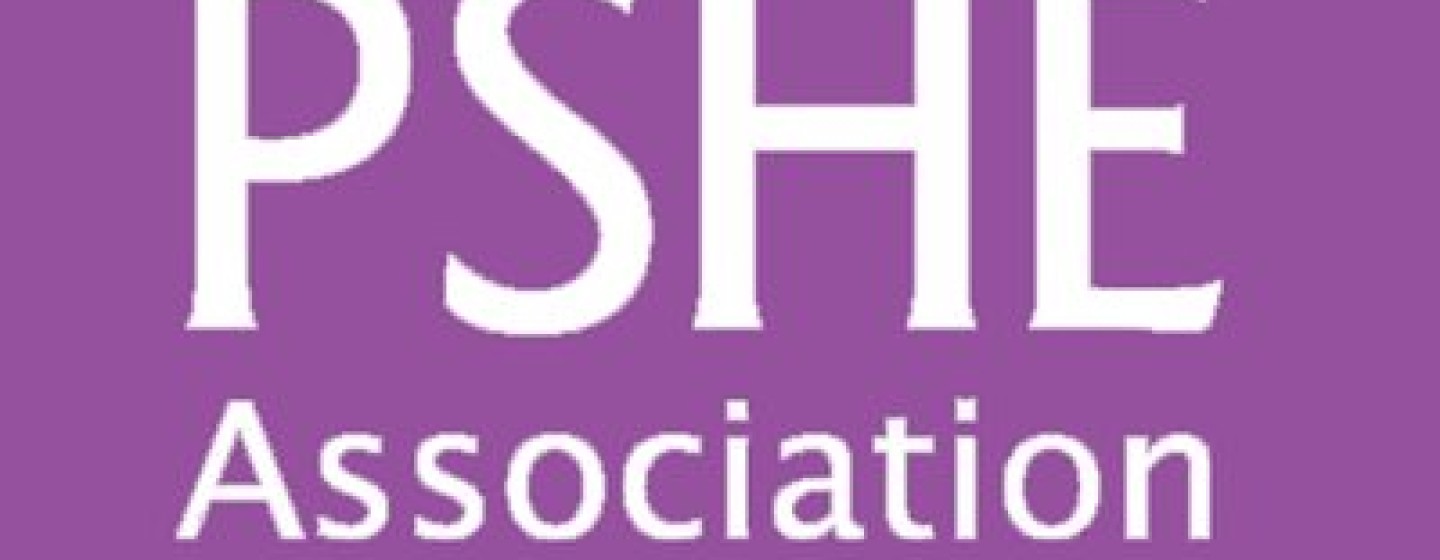
Personal, Social and Health Education (Including Relationships and Sex Education)
Intent:
At Goldsmith, we are aware of our own and others personal, social and mental health. We also recognise there are a variety of positive relationships between all human beings...
At Goldsmith, we ensure that all children will develop resilience, confidence and inform pupils' attitudes to life in a modern world. We develop pupils' ability to resist peer pressure and grow in confidence with their own identity, promoting individual decision-making. In line with our WAT RSE policy, we aim to provide children with age-appropriate information, explore attitudes and values and develop skills in order to empower them to make positive decisions about their personal, social, health and relationships related attitudes and behaviour.
Implementation:
What is our curriculum?
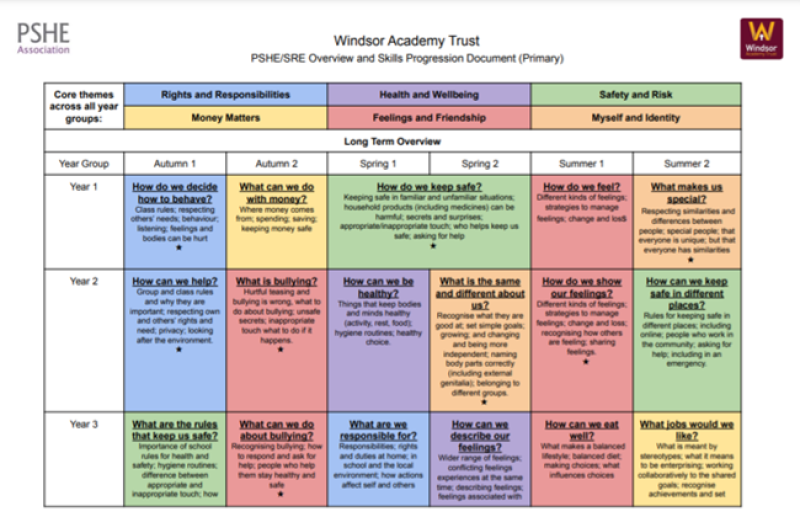
In EYFS and Reception, this curriculum is taught using the Development Matters (2021) non-statutory curriculum guidance. We teach PSHE across the school from Years 1 to 6. The curriculum follows that of the PSHE Association and their 'Long-term Question Based Model Overview'. Additionally, we align our curriculum with the WAT RSE Policy 2021. This is an enquiry based approach, posing a question to the pupils to guide their learning (this is similar in other subjects such as RE). The three PSHE areas of learning we cover are:
- Relationships
- Health and wellbeing
- Living in the wider world.
These are taught in a spiral approach, enabling the revisitation of the 3 areas at least once in each year, from years 1 to 6.
When is it taught?
PSHE is taught once weekly for half an hour in Key Stages 1 and 2. It is interwoven in all aspects of the children’s learning in EYFS and Reception, as opposed to being taught discretely. There are also specific focus lessons/weeks throughout the year including Anti-Bullying Week, Mental Health Awareness Week and Deaf Awareness Day.
How is it taught?
PSHE is taught by the class teacher or cover staff. It should be a practical, engaging lesson that gives children the opportunity to explore, enquire and gain knowledge about themselves and the world around them. The lessons can be resourced in a variety of ways including PowerPoints, The Curiosity Cube, video stimuli etc. Many resources can be found on the PSHE Association website and other associated links (Medway Public Health, NSPCC, Experian, Alzheimer's Society, Red Cross, Thinkuknow, Coram Life Education, Premier League Primary Stars, Worcester University etc.)
How is it recorded?
There is an expectation that evidence of the learning that has been taking place in each year group, is recorded in Whole-Class Journals bi-weekly. Staff can use the PSHE master template for presenting evidence in the Class Journals.
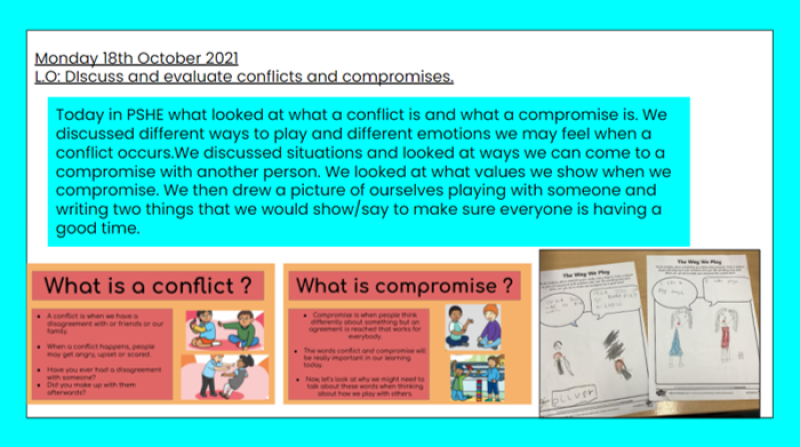
Impact:
How is impact measured?
As children progress through school, within our spiral curriculum, they will be able to use prior knowledge to gain a deeper understanding of relationships, health, wellbeing and living in the wider world. Children will be able to confidently discuss positive relationships including those online, how to look after themselves including their mental wellbeing and knowing how to be a good citizen in the local community and wider world.
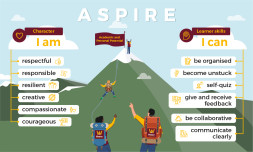 How do we know children have made progress?
How do we know children have made progress?
Children’s attitude towards themselves and others improves over a period of time this is aligned with our WAT ASPIRE values and the explicit teaching of these. Children will be able to cross curricular link their learning with areas such as online safety in Computing and a respect/tolerance for others in RE.
How do we challenge and support lack of progress?
Lack of progress may be identified through AfL in lessons. Gaps in knowledge identified will be filled through subsequent SMART Start activities and revisiting areas of learning that are not embedded. Lack of progress would also be identified during work scrutiny and discussions.
How are we inclusive?
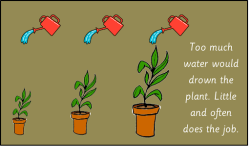 We aim for all PSHE and RSE lessons to be inclusive and enable all pupils to succeed. By their very nature, a highly practical PSHE curriculum will ensure that all pupils experience PSHE ‘hands on’, through discussions, drama and written resources. Our teachers make reasonable adjustments to sessions to enable all pupils to record effectively and discuss their views and opinions on a given topic. Pupils attainment in PSHE is never solely judged on their ability to record, unaided.
We aim for all PSHE and RSE lessons to be inclusive and enable all pupils to succeed. By their very nature, a highly practical PSHE curriculum will ensure that all pupils experience PSHE ‘hands on’, through discussions, drama and written resources. Our teachers make reasonable adjustments to sessions to enable all pupils to record effectively and discuss their views and opinions on a given topic. Pupils attainment in PSHE is never solely judged on their ability to record, unaided.

